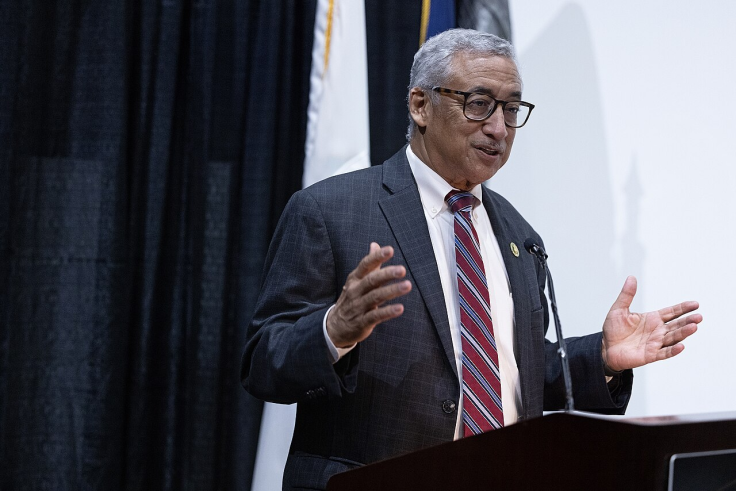This week, the Bipartisan Workforce Pell Act, which seeks to extend Pell Grants to short-term workforce training programs, is advancing. Initially pulled off the House floor at the last minute before a vote, sponsors of the bill are now attempting to attach it as an amendment to the National Defense Authorization Act (NDAA) for fiscal year 2025.
This legislative maneuver has sparked significant debate and opposition from various groups, highlighting the complexities and controversies surrounding the proposal.

The Legislative Push and Strategic Maneuvering
The Bipartisan Workforce Pell Act is being championed by New York representative Elise Stefanik, a Republican, and Virginia representative Bobby Scott, a Democrat. Their goal is to incorporate the bill into the NDAA, a crucial piece of legislation that must pass before the end of the year. The amendment proposes to equip students with skills needed in high-demand fields such as shipbuilding and cybersecurity, which are integral to national security and global competitiveness.
The House Rules Committee must first determine the relevance of the Pell Grant expansion to the NDAA. If deemed relevant, the amendment will still face a difficult road in the Senate, which has its own version of the bill excluding for-profit colleges and the controversial pay-for mechanism proposed in the House.
Opposition and Controversy: Funding and Policy Concerns
Labor groups, consumer protection advocates, and higher education associations have voiced strong opposition to the amendment. A major point of contention is the proposed method of funding the Pell Grant expansion. The bill requires institutions subject to an endowment tax, primarily wealthy private colleges, to reimburse the Education Department for unpaid student loans. Critics argue this would set a harmful precedent, targeting specific institutions and potentially leading them to withdraw from federal financial aid programs.
Ted Mitchell, President of the American Council on Education (ACE), has expressed concern that the pay-for mechanism could harm lower-income students and does not cover the full cost of the expansion. Despite supporting the idea of new Pell Grant eligibility, ACE and other higher education associations urge the rejection of the amendment due to these financial and policy issues.
Broader Implications and Support for Workforce Training
Although facing resistance, there is considerable public backing for the extension of Pell Grants to short-duration workforce initiatives. A recent poll from the National Center for Civil Discourse indicates that many Americans believe this expansion will help low-income students access the training needed for better-paying jobs. Business groups, technology companies, and some higher education institutions back the initiative, arguing it can provide crucial opportunities for economic advancement.
Supporters contend that the eligibility requirements in the House bill are stringent enough to ensure high-quality programs. David Baime, the American Association of Community Colleges' senior vice president for government relations, emphasizes that the bill's safeguards are rigorous. He emphasizes that expanding Pell Grants to short-term programs would provide vital financial support to low-income individuals, potentially making a significant difference in their decision to enroll.
However, critics warn of potential negative consequences, particularly for veterans and military-connected students. Amy Laitinen, senior director for higher education at New America, argues that the inclusion of for-profit colleges could lead to predatory practices, with students ending up in low-paying jobs or none at all. She also criticizes the strategy of attaching the amendment to the NDAA, claiming it is an inappropriate and disingenuous tactic to push through controversial legislation.
The Bipartisan Workforce Pell Act represents a significant legislative effort to expand educational opportunities and address workforce needs. However, the proposal's method of funding and inclusion of for-profit colleges have sparked substantial opposition and debate. As lawmakers navigate the complexities of this legislative maneuver, the outcome will have profound implications for low-income students, higher education institutions, and the broader effort to enhance national security and economic competitiveness through workforce training.
RELATED ARTICLE : Congress Acts Swiftly To Rectify FAFSA Formula Oversight
© 2025 University Herald, All rights reserved. Do not reproduce without permission.








